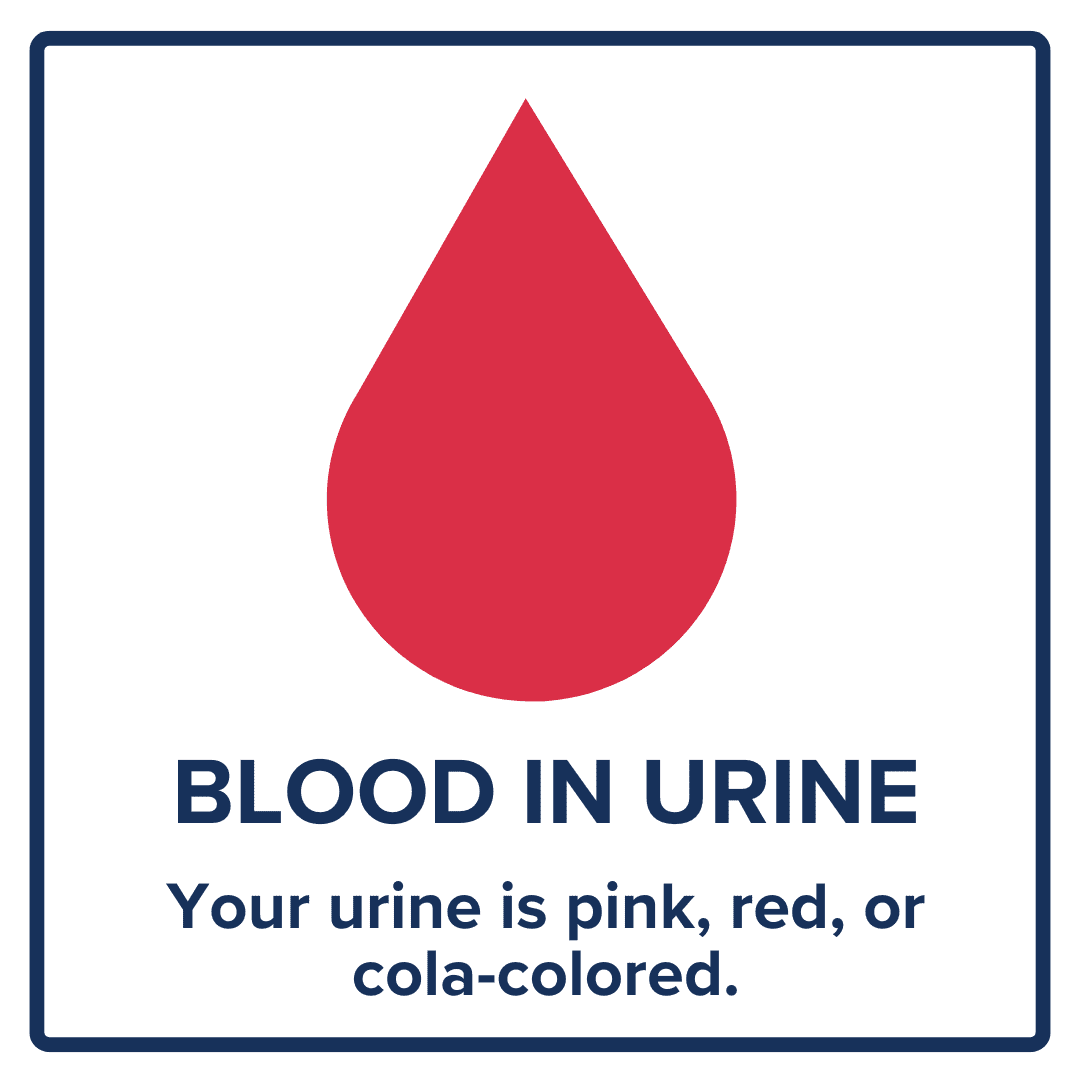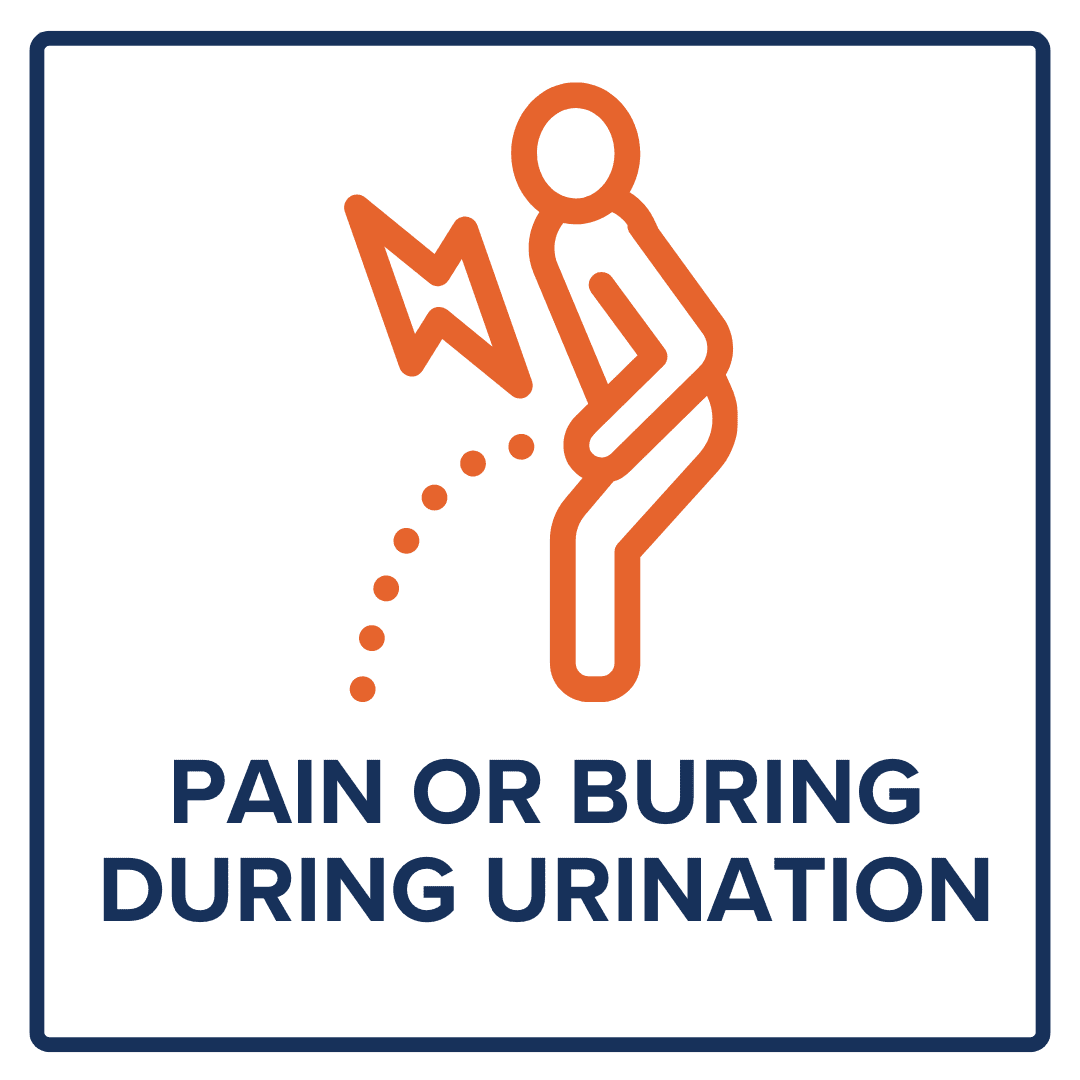Bladder Cancer: What You Need to Know
Bladder cancer is a type of cancer that begins in the cells of the bladder, a hollow organ in the pelvis responsible for storing urine. It is the 6th most common cancer in the United States, with men being more likely to develop it than women. When caught at an early stage, the 5-year survival rate is 70%. The CMC Cancer Center wants our community to have a better understanding of the risk factors, symptoms, diagnosis, and treatment options for bladder cancer and how crucial early detection is for effective management.
What Causes Bladder Cancer?
Bladder cancer is often linked to certain risk factors, including smoking, exposure to certain chemicals, chronic bladder infections, and a family history of the disease. Understanding these risk factors can help individuals make informed decisions about their lifestyle and healthcare choices to reduce their risk of developing bladder cancer.
What Are the Symptoms of Bladder Cancer?
Symptoms of bladder cancer can vary but may include blood in the urine, frequent urination, pain or burning during urination, and pelvic pain. It is essential to consult a healthcare provider if any of these symptoms persist, as early detection can significantly improve treatment outcomes.




How Is Bladder Cancer Diagnosed?
Diagnosing bladder cancer typically involves a combination of medical history evaluation, physical examination, imaging tests, and urine tests. In some cases, a biopsy of the bladder tissue may be necessary to confirm the diagnosis and determine the stage of the cancer.
What are the Stages of Bladder Cancer?
According to the National Cancer Institute (NCI), there are five stages of bladder cancer based on the TNM staging system. Staging is important because it helps determine the extent of the cancer to help develop an effective treatment plan.
Stage 0: Precancerous lesions on the inner lining
This refers to noninvasive bladder cancer meaning that cancer cells have been found in the tissue lining the inside of the bladder but have not permeated the bladder wall.
Stage I: Cancerous tumors have spread into the connective tissue layer
NCI describes Stage I bladder cancer as “a form of non-muscle-invasive bladder cancer that has spread into the connective tissue but has not reached the muscle layers of the bladder.”
Stage II: Tumors have spread into the muscular wall
Stage II has spread through the connective tissue into the muscle layers of the bladder.
Stage III: Cancer has started to spread into local or regional organs or pelvic lymph nodes
Depending on where and how much the cancer has spread will determine whether the cancer is considered IIIa or IIIb. Learn more HERE.
Stage IV: Cancer has spread to major organs
NCI describes Stage IV bladder cancer as metastatic cancer meaning the cancer cells have traveled through the lymphatic system or blood and formed tumors in other parts of the body.
Treatment Options for Bladder Cancer
The treatment of bladder cancer depends on various factors, including the stage of the cancer, the patient’s overall health, and their treatment preferences. Treatment options may include surgery, chemotherapy, radiation therapy, immunotherapy, or a combination of these approaches. The goal of treatment is to remove or destroy cancer cells while preserving bladder function and overall quality of life.
Remember, early detection and treatment can make a significant difference in the outcome of bladder cancer. If you experience any symptoms or have concerns about your risk of developing bladder cancer, consult your healthcare provider for personalized guidance and support. Stay informed, stay proactive, and prioritize your health. The quicker you catch cancer, the more effective treatments can be for your prognosis.
Living with Bladder Cancer
Living with bladder cancer can be challenging, both physically and emotionally. It is essential for individuals diagnosed with bladder cancer to maintain open communication with their healthcare team, seek support from loved ones, and make lifestyle choices that promote overall health and well-being. Regular follow-up care and monitoring are also crucial to detect any potential recurrence or complications early.
It can be difficult to understand or think about things like your prognosis, treatment, and other day-to-day struggles you may have while also battling bladder cancer. That’s why the CMC Cancer Center offers an All Cancers Support Group and other services and resources to help talk you through it, offer support, provide guidance, or simply just listen.
Compassionate Cancer Care When You Need It Most
Bladder cancer is a significant health concern that requires awareness, early detection, and comprehensive treatment. By understanding the risk factors, symptoms, diagnosis, and treatment options associated with bladder cancer, you can take proactive steps to protect your health and well-being. Remember, knowledge is power when it comes to managing bladder cancer effectively.
At CMC Cancer Center, you don’t have to face your diagnosis alone. We see the journey you’re on and find a way forward together. We surround you with the brightest cancer experts and compassionate cancer navigators who provide individual support and help coordinate every step of your care. Let us know what’s on your mind and what you need and we will find the resources and the right people for you to talk with




